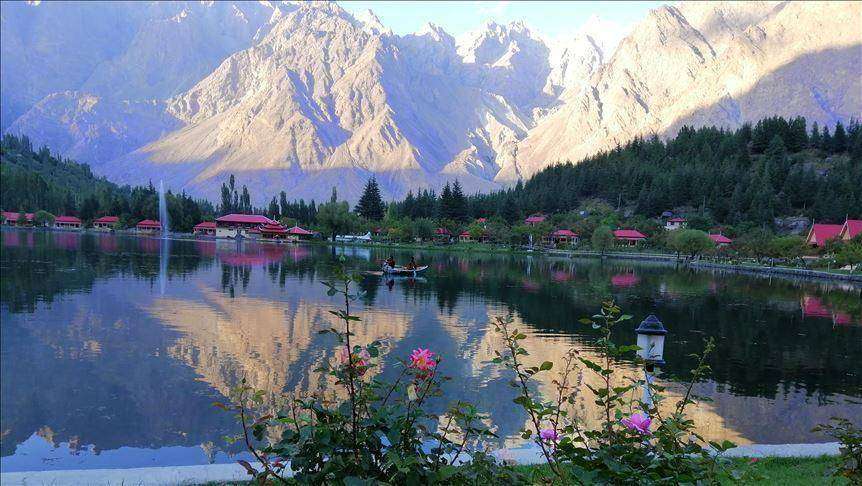Pakistan has been utilizing natural resources of the portion of Jammu and Kashmir which it illegally occupied. Mangla dam was constructed on the river Jhelum in 1967. By 8 years later in 1975, the dam produced more money through revenue than cost of the construction of the dam.
Dr Shabbir Chaudhary, a Kashmiri research scholar, says that Mangla dam produced 250 billion units of electricity by 2010 but Pakistan never shared the revenue with the government of the occupied territory of PoJK.
Mangla dam produces around 1400 megawatts of hydropower electricity and when it was being constructed, residents of PoJK were promised 300 megawatts free electricity. But in reality, PoJK residents pay more per unit than residents of Punjab who consume the electricity generated by this dam. Moreover, the government doesn’t allows the people of PoJK to build small dams for their own use.
At the time when India and Pakistan were partitioned, forest area in PoJK was around 1.6 million acres which constituted 42 per cent of the total landmass. Currently, forest covered area has been shrunken to less than 14 percent of the total area.
Timber mafias, aided by Pakistani military, are cutting down trees. Deodar grows to a height of around 200 feet in 100 years. Mafias cut down such trees and sell them in the market where these trees are sold for a quite high price.
Dr Chaudhary says that around 2 million trees are being cut down each year. This rapid deforestation is one of the major reasons for the frequent landslides and the large number of fatalities during the 2005 earthquake. Government is selling resources of the PoJK and earning around Rs 84 crore annually only by selling trees only.
The region of PoJK produces Rs 3 billion worth of flowers and herbs of medicinal value. Pakistan based companies are making profits in crores every year by making use of these flowers and herbs. In both the PoJK and PoGB, there are resources of both metallic and non-metallic minerals. There is 21.5 thousand million ton coal deposits available in PoJK.
Dr Chaudhary says that precious stones in Neelum valley are worth of $21.5 billion. Pakistan has already extracted around $40 billion worth of precious stones. Still residents of PoJk are forced to live in poverty when there is so much of natural resources present in the region.
Lack of potable water has caused illnesses like hepatitis and dysentery in the residents. There is also a dearth of hospitals and universities in the region.
